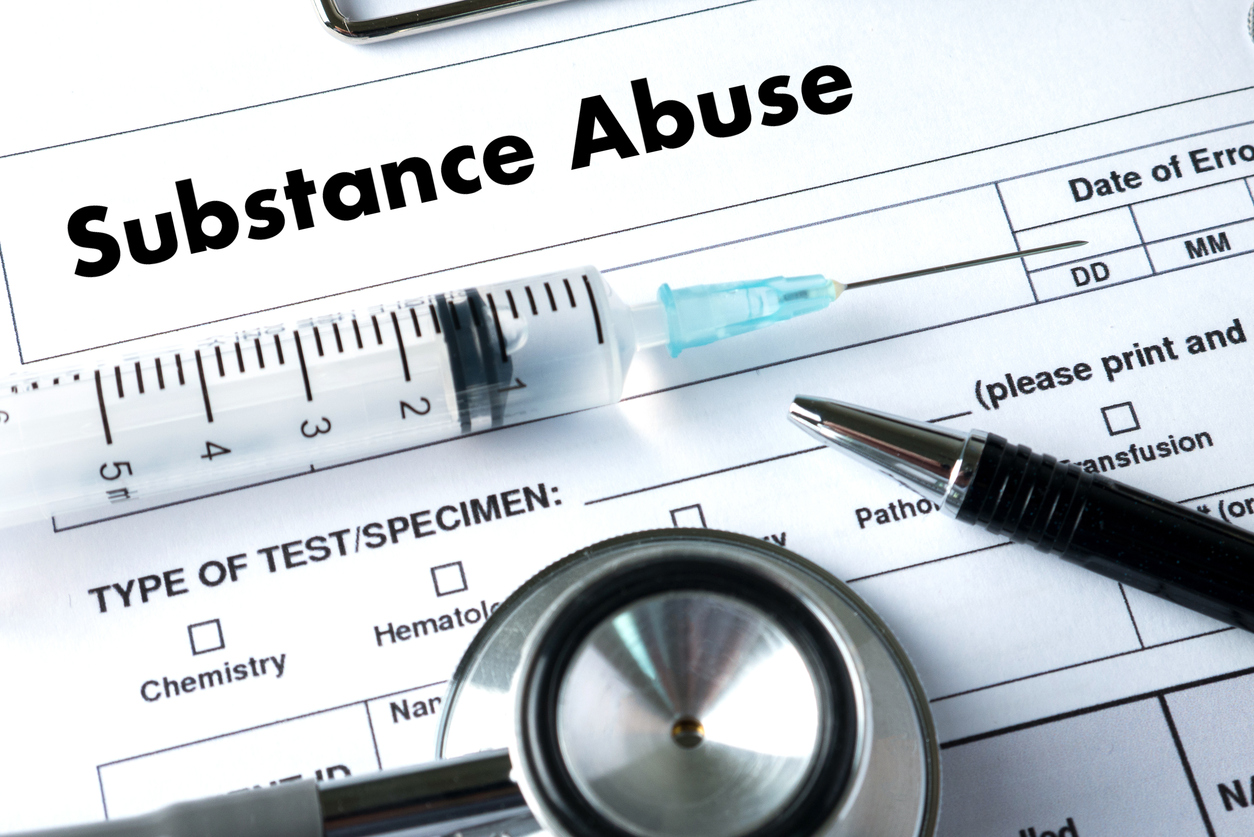Alcohol and Opiate Abuse Treatment
Substance abuse is a challenging mental illness that can be debilitating for the person who is suffering from it and detrimental to their loved ones as well. Over 20 million people are addicted to alcohol or opiates, and this is a devastating trend. This mental illness has a genetic component, though there is no single gene that encodes for this issue; instead there are several genes that may make a person more likely to be challenged by addictive tendencies.
It can be easy to lay the blame for addiction on certain socioeconomic factors, regulations, care facilities, and on certain personality traits of the patient who is abusing these substances. The truth is that there are many factors that can impact this mental illness, and a treatment plan can be developed that will address the root issues, as well as support the patient through the phases of recovery.
Most people unfortunately do not seek treatment on their own. They may feel shame in their behavior and not want to admit what feels like a shortcoming to a professional, or they may not feel that they have a problem, as they use their addiction as a coping mechanism or source of recreation.
These addictions can have severely negative consequences on a person’s health, such as liver damage, weight gain, vision loss, digestive complications, cognitive impairment, dental decay, cardiovascular damage, and increased cancer risk.
Those who are addicted to alcohol, opiates, or other drugs will feel an insatiable need to consume the substance. They feel they are unable to stop, or have no desire to. They will choose to continue abusing even when the health complications their addiction is causing begin to have a deleterious effect on their body. They may sacrifice time and money irrationally to pursue their addiction, and take risks to ensure a constant supply. Their excessive consumption, while they may attempt to remain secretive, will become an issue in their day to day life, as their social activities will suffer, as will job performance.
Doctors will work together with the patient to develop a treatment plan that gradually lets them decrease the use of alcohol or opiates. These treatments can include certain prescriptions, therapy sessions, and regular check-ins. Patients will benefit from having the kinds of proven support that allow them to recover both in the short term and as a lifelong solution.

